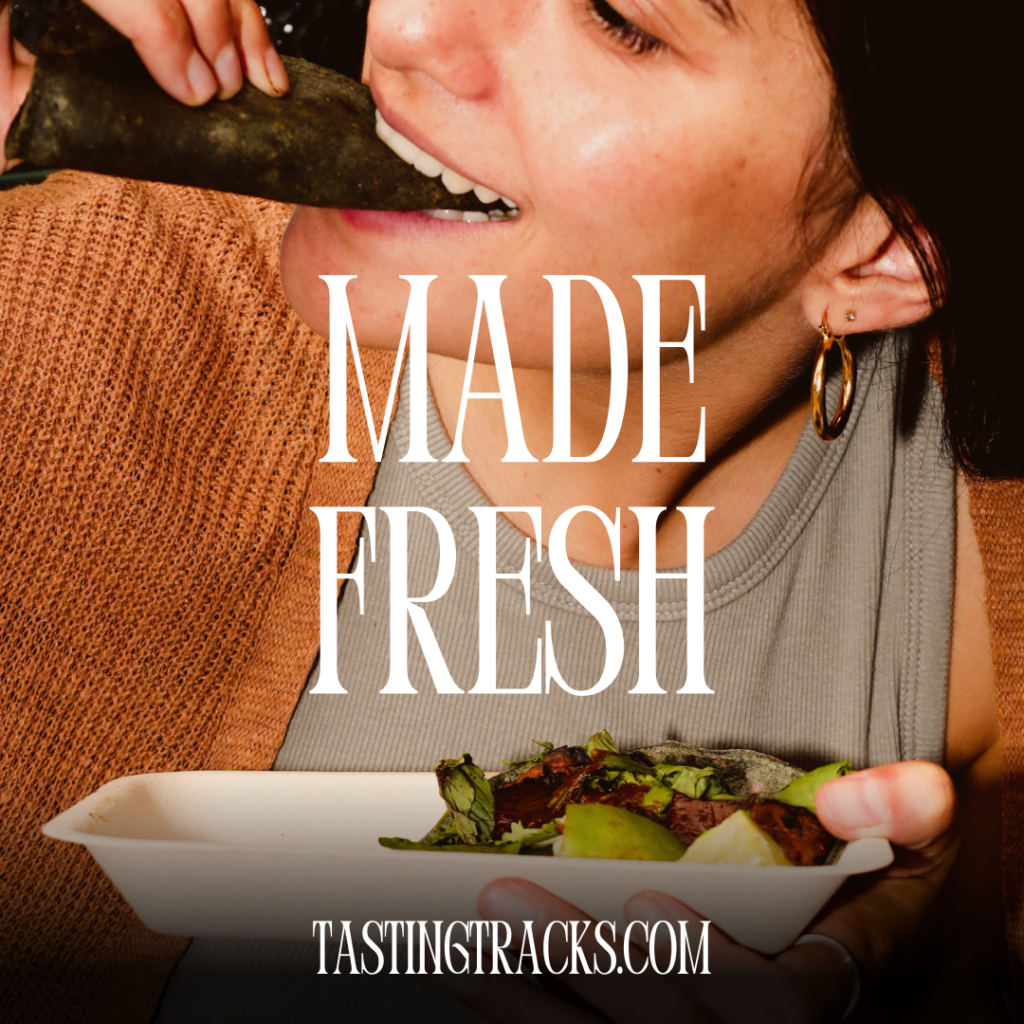Your cart is currently empty!

In today’s dynamic digital age, social media has fundamentally transformed the way industries operate, with the food and wine sector being a prime example of this evolution. Through visually captivating, Instagram-worthy presentations of culinary creations and the rise of popular wine-tasting events, social platforms have become indispensable for establishing brand identity, driving marketing initiatives, and fostering meaningful connections with audiences around the globe. These platforms provide an unparalleled opportunity for businesses to showcase their unique offerings, engage with consumers in real time, and create a loyal community of enthusiasts who share a passion for gastronomy and fine wine.
A Feast for the Eyes
Food and wine are as much about aesthetics as they are about taste, and social media platforms like Instagram and Pinterest have harnessed this visual appeal to captivate global audiences. Restaurants, chefs, and wineries use breathtaking photography to highlight their creations, enticing viewers and sparking curiosity. The growing influence of food bloggers and influencers has transformed everyday meals and glasses of wine into shareable, aspirational moments. For consumers, browsing these vibrant feeds often becomes a gateway to uncovering exciting new destinations, recipes, and products they might never have discovered on their own.
Establishing a Unique Brand Identity
Social media empowers businesses in the food and wine industry to create and showcase a unique brand identity. From a charming vineyard offering behind-the-scenes looks at wine production to a Michelin-starred restaurant presenting mouthwatering culinary creations, the digital landscape opens doors for compelling storytelling. Regular posts, captivating captions, and active engagement with followers foster trust and build a strong connection with the audience.
Connecting with Customers
Social media offers an unparalleled opportunity for businesses to interact directly with their audience. Instant feedback empowers brands to address questions, comments, and reviews promptly, creating a dynamic and responsive customer experience. Tools like polls, contests, and giveaways on platforms such as Twitter and Facebook keep followers engaged while strengthening brand loyalty. This active two-way communication nurtures a sense of community, transforming occasional visitors into devoted customers.

Boosting Sales with Strategic Content
Social media has evolved far beyond aesthetics—it’s now a dynamic sales engine. Platforms like Instagram empower consumers to shop directly through integrated features, streamlining the buying process. Brands offering wine subscriptions, meal kits, and specialty food products are capitalizing on these tools to maximize revenue. Additionally, collaborations with influencers enable businesses to connect with specific audiences, sparking interest and turning engagement into tangible conversions.
Educational Opportunities
Social media has evolved into a dynamic platform for education, enabling brands to share expertise and inspire their audiences. Wineries can captivate followers with immersive videos that unveil the art of winemaking, while chefs can engage food enthusiasts through detailed cooking tutorials and inventive recipe demonstrations. By delivering thoughtful and informative content, businesses not only position themselves as industry leaders but also build trust and deepen relationships with their audience. These educational efforts transform followers into loyal advocates, enhancing both credibility and brand loyalty.
The Impact of Reviews and Recommendations
Platforms such as Yelp, Google Reviews, and TripAdvisor play a pivotal role in shaping success for restaurants and wineries. Glowing reviews on social media not only attract more customers but also heavily influence their purchasing decisions. Furthermore, digital word-of-mouth marketing has revolutionized traditional recommendations, with users tagging friends, sharing content, and endorsing products or experiences online.
Embracing Emerging Trends
Social media is an ever-changing landscape where trends shift at lightning speed. To stay competitive, food and wine businesses must proactively align with these changes. From spotlighting plant-based creations and highlighting eco-friendly initiatives to participating in viral challenges, staying flexible and innovative is crucial for sustained relevance and engagement.
Conclusion
Social media has become a cornerstone of growth and connection for the food and wine industry. Beyond traditional marketing, it serves as a platform for fostering relationships, sharing unforgettable experiences, and cultivating a global community of passionate enthusiasts. With the ever-changing landscape of social media, the potential for creativity, innovation, and deeper engagement in this industry knows no bounds.

Leave a Reply